Nature's Calendar Blog
-
Is Climate Change Altering Autumn? Free webinar
By Judith Garforth, 01/09/2023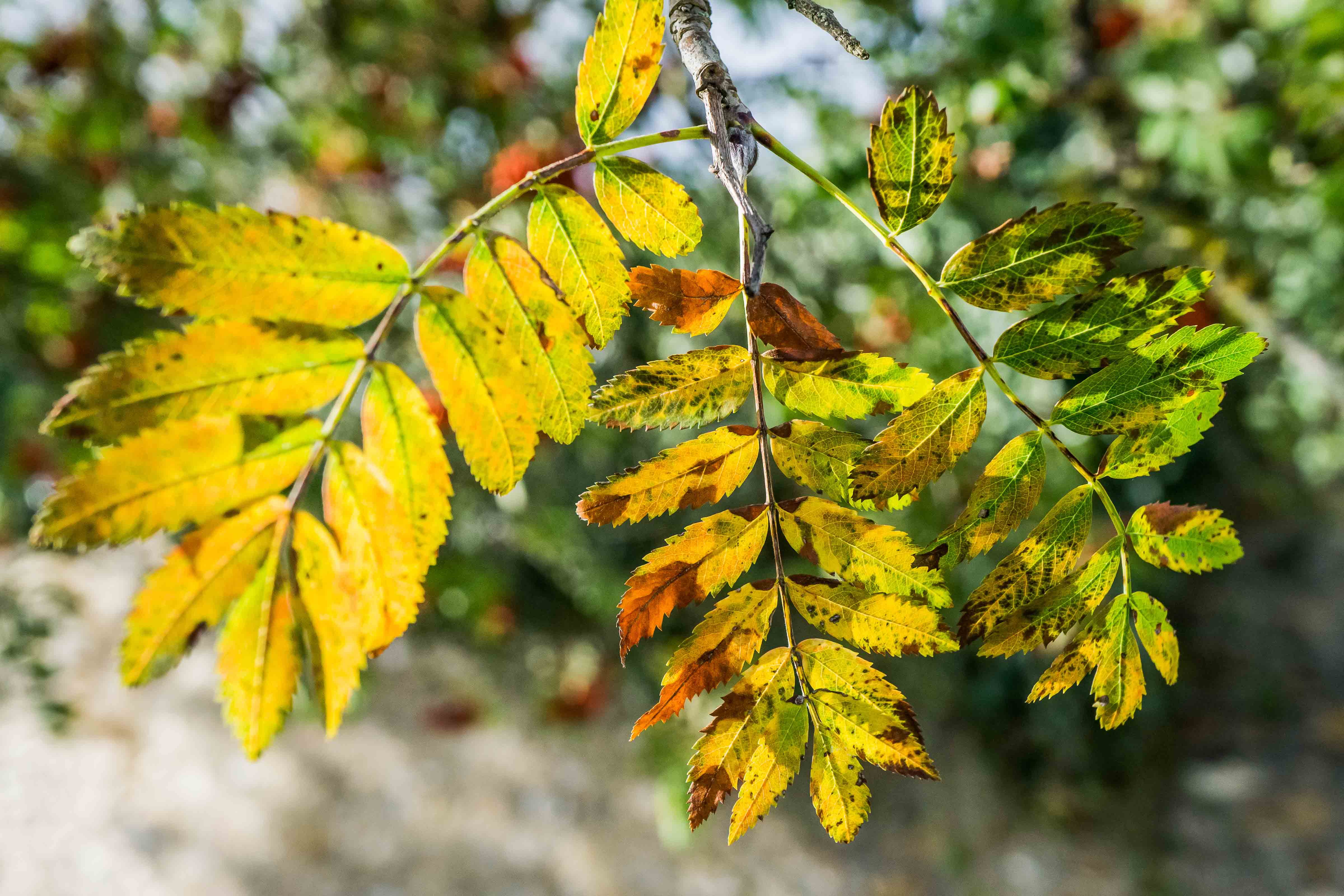
Missed the Nature's Calendar autumn webinar? A recording is now available to watch, watch again or share.
Read more -
UK Trees: causes of yellowing leaves and early autumn tinting
By Alex Marshall, 18/08/2023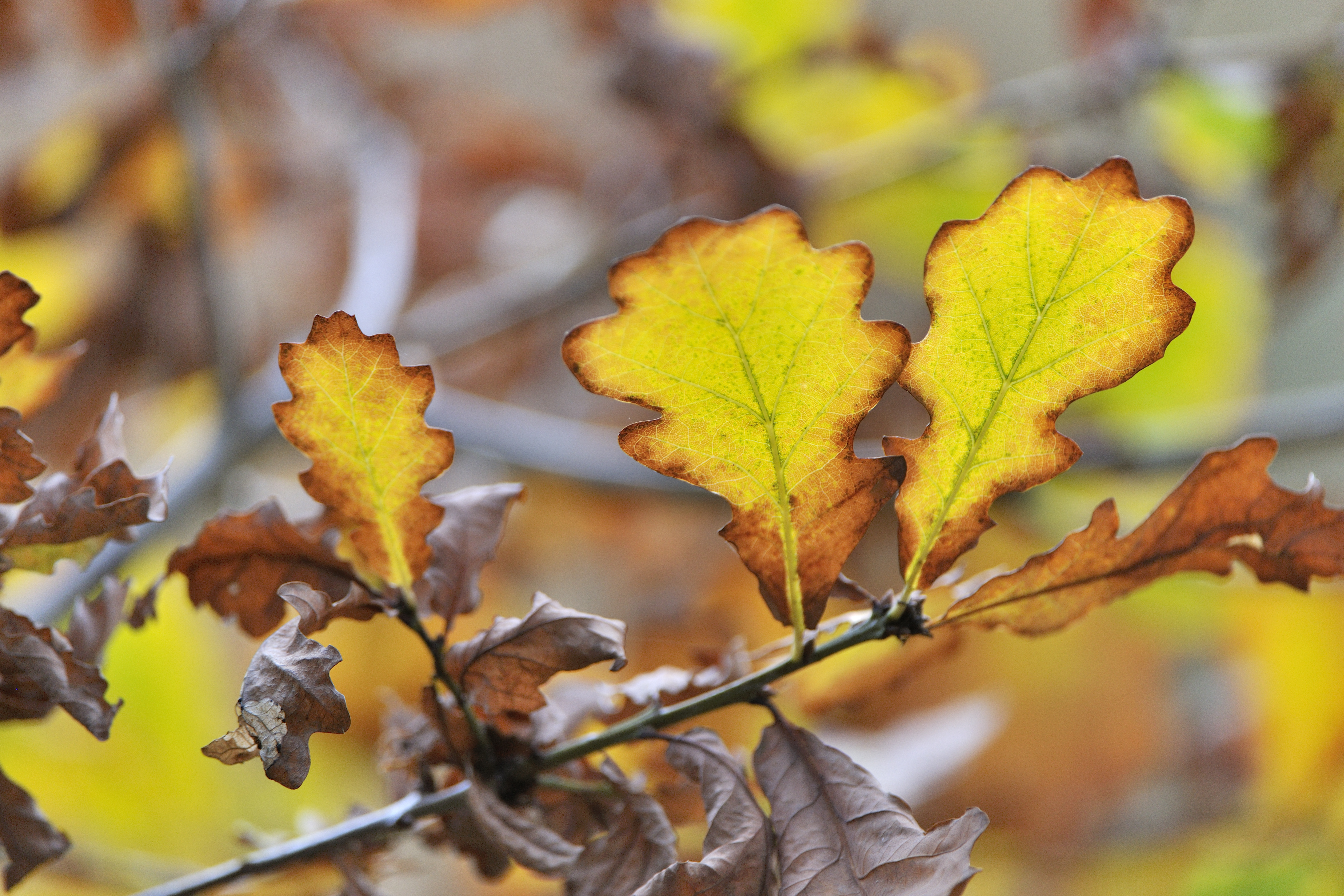
Have you spotted yellowing tree leaves during the summer? Here are a few examples of what could be causing it
Read more -
Is Climate Change Altering Autumn? Free webinar
By Alex Marshall, 21/07/2023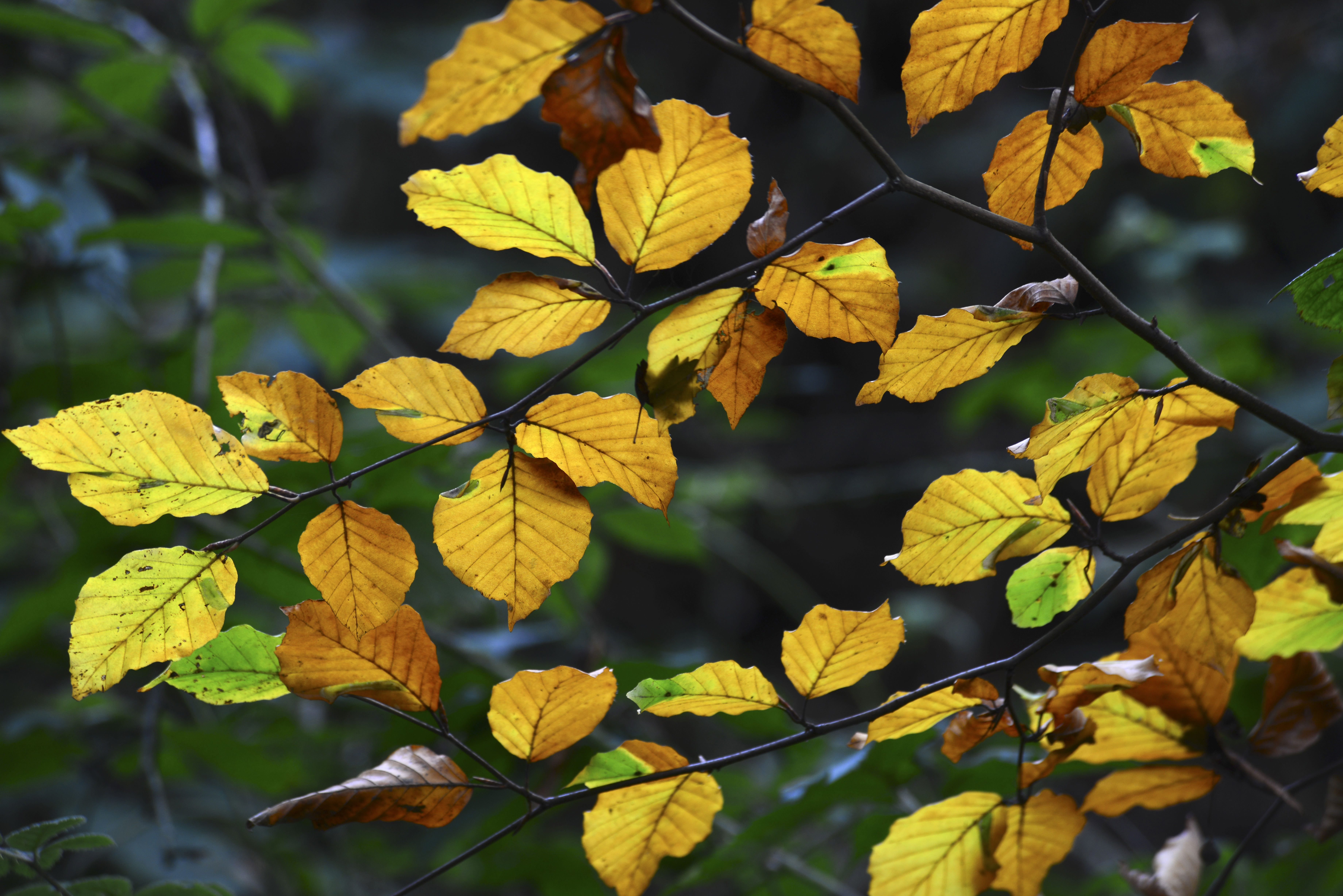
Register for the free webinar on 24th August at 07:30 PM.
Read more -
Nature's Calendar Spring Webinar
By Judith Garforth, 11/05/2023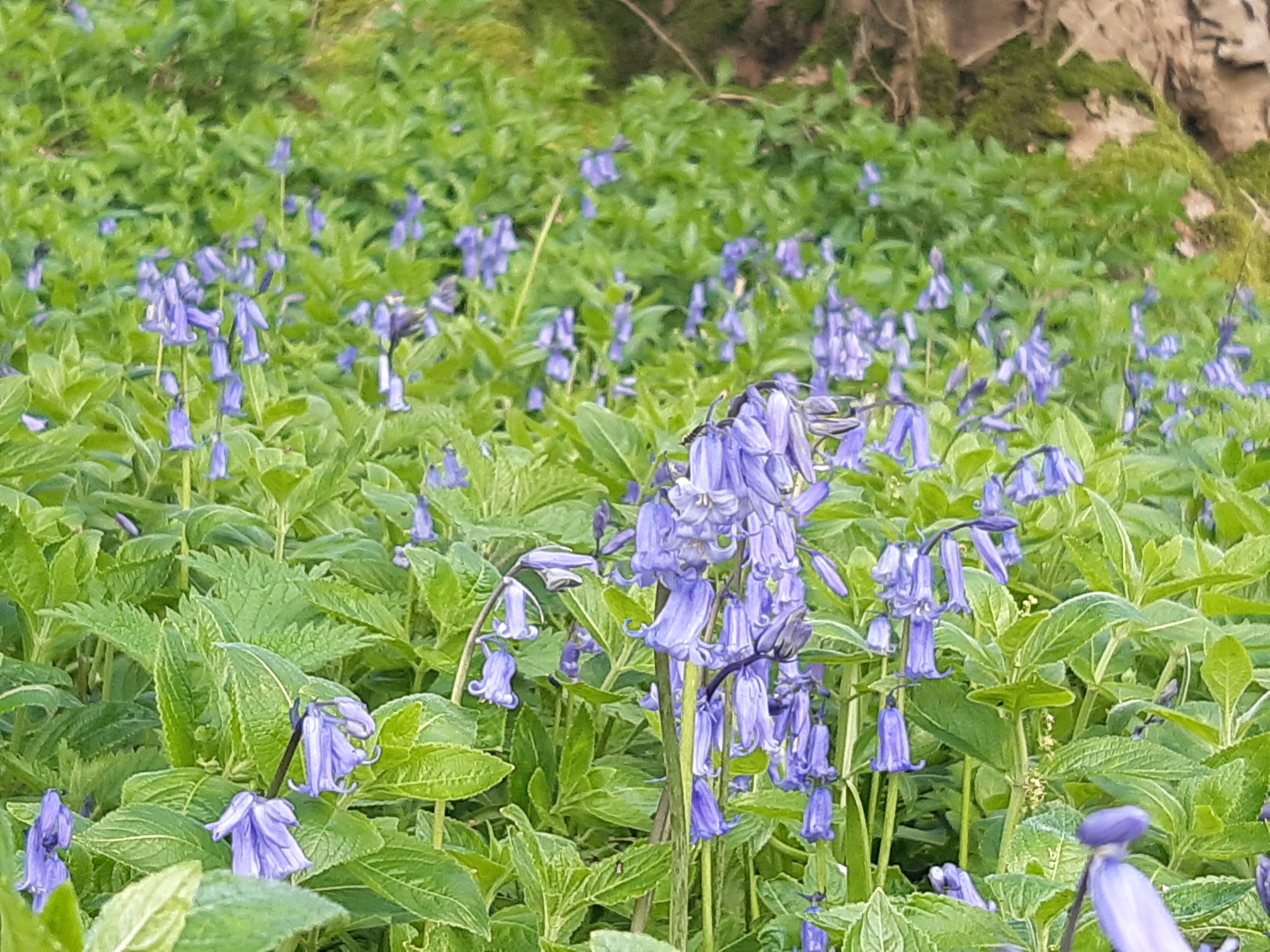
Missed the Nature's Calendar webinar? A recording is now available to watch, watch again or share.
Read more -
Engaging recorders through creative design: Researcher guest blog
By Fritha West and Keili Koppel, 10/03/2023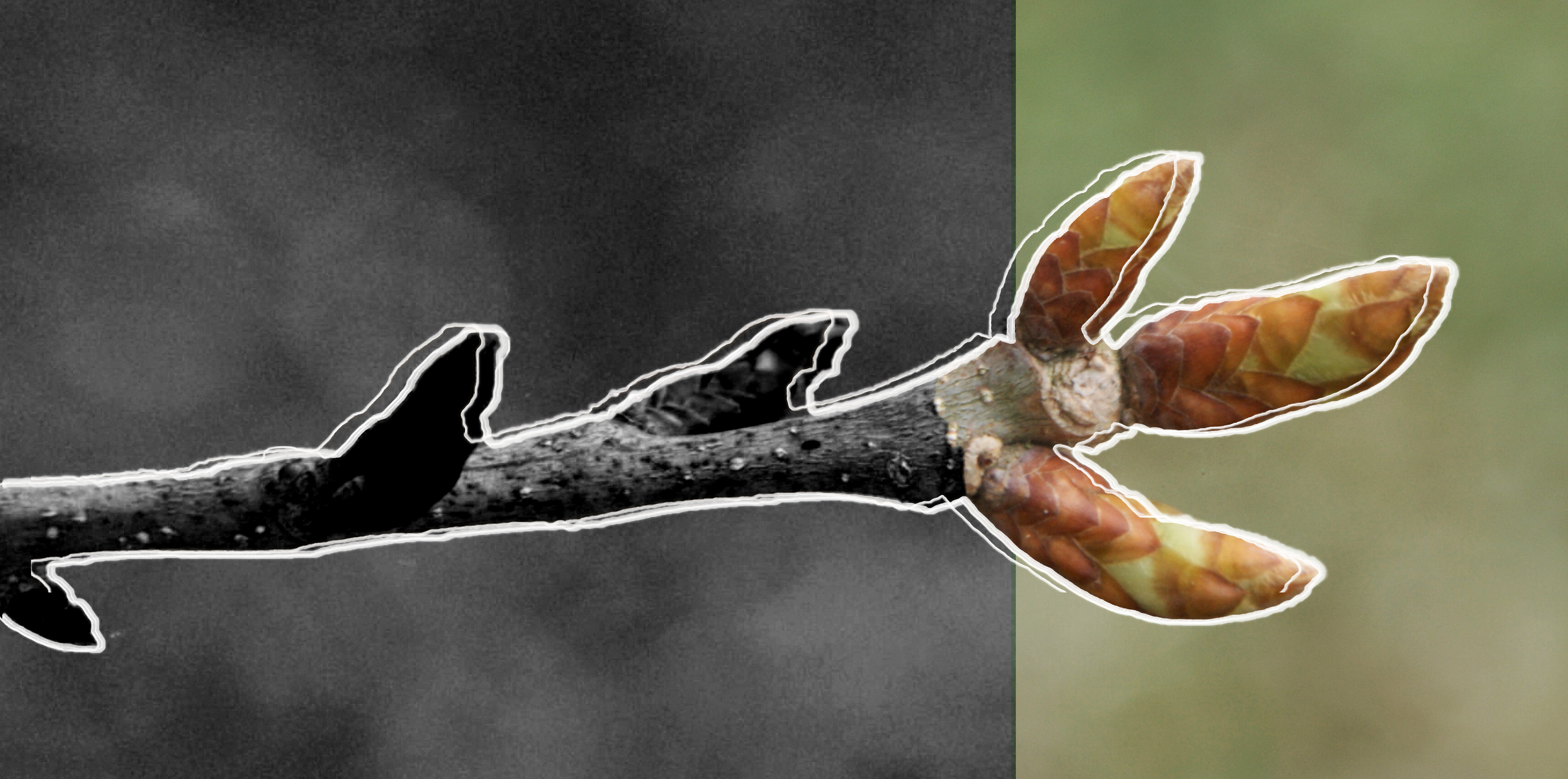
Rising global temperatures are changing the activities of plants and animals, sometimes in unexpected ways. But how does observing these changes impact people, and how can we engage more people in observing the natural world?
Read more
